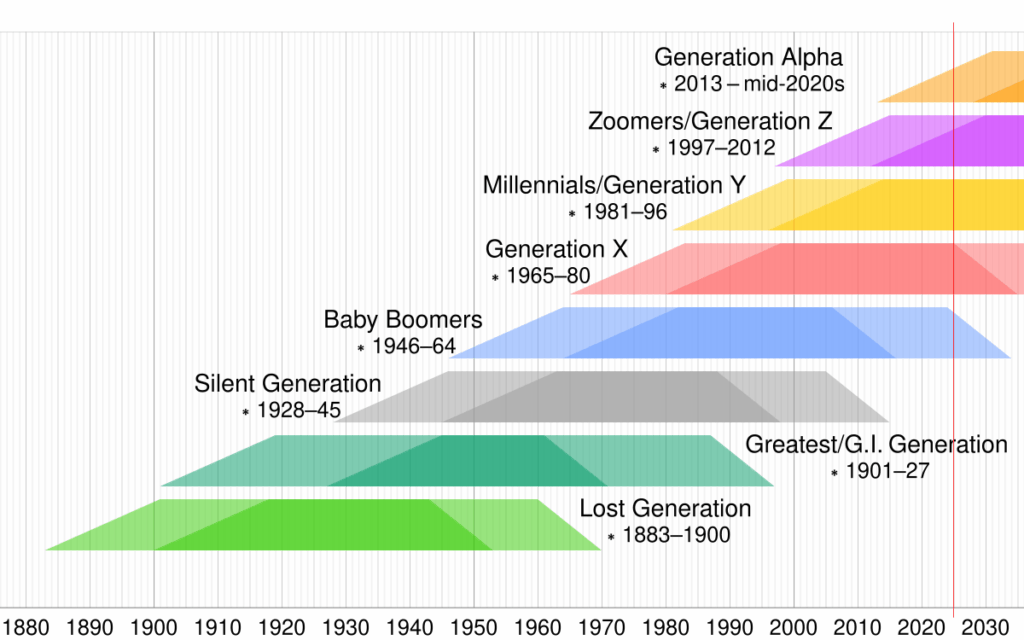
Introduction: The Significance of Gen Z
Generation Z, the demographic cohort born between the mid-1990s and early 2010s, is rapidly emerging as a cultural and economic powerhouse. With a unique perspective shaped by the digital age, unprecedented access to information, and a diverse upbringing, Gen Z is impacting various sectors significantly, from consumer habits to social movements. As they start entering the workforce and establishing their buying power, understanding Gen Z is critical for businesses, educators, and policymakers alike.
Current Events and Trends
Recent studies indicate that Gen Z comprises about 20% of the global population, which makes this generation crucial for future trends. According to a report by McKinsey, Gen Z is expected to influence over $140 billion in consumer spending in Canada alone. A major driver of their spending is the emphasis on sustainability and ethical consumption. They prefer brands and companies that align with their values, such as environmental stewardship and social justice initiatives.
Moreover, Gen Z has exhibited distinct online behaviors. They are avid users of social media platforms, with TikTok and Instagram being significantly popular. Their engagement in digital spaces has given rise to influencer culture, where brands collaborate with social media personalities to reach this audience effectively. A survey by HubSpot found that 68% of Gen Z prefers to engage with brands through social media.
Challenges Faced by Gen Z
Despite their strengths, members of Gen Z face unique challenges. Mental health issues have seen a surge among this cohort, often linked to social media pressures and the pervasive economic uncertainty exacerbated by the COVID-19 pandemic. Numerous studies, including one conducted by the American Psychological Association, have highlighted this rise, with many Gen Z individuals reporting high levels of anxiety and stress.
Additionally, they are entering the workforce at a time of economic volatility, with job market instability heightened by automation and the gig economy. A significant percentage of Gen Z reports concerns about financial stability and job security, illustrating the importance of adapting career training and educational programs to prepare them for future challenges.
Conclusion: The Future of Gen Z
As Gen Z continues to grow in influence, their preferences and values will shape the landscape of various sectors from technology to education. Businesses that fail to adapt to the expectations of this cohort may struggle to engage them effectively. Furthermore, understanding the pressures and challenges faced by Gen Z is essential for creating supportive environments that foster their growth and well-being. The future is likely to see an increased emphasis on mental health resources, corporate responsibility, and innovation driven by the unique perspectives of this generation. Overall, Gen Z represents a transformative force that is beginning to redefine norms and expectations across the globe.



